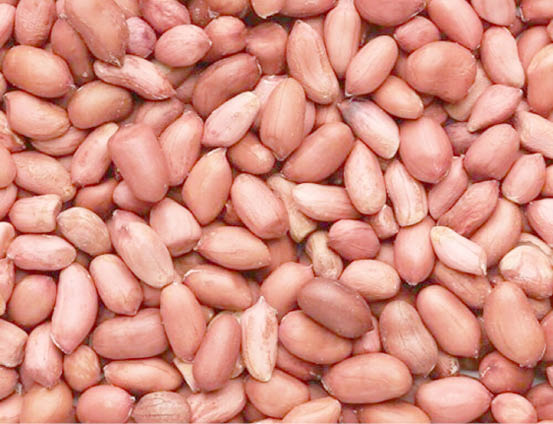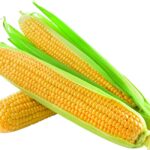Understanding Seed Varieties
If you’re a new gardener, sometimes, the terminology for types of seeds can be overwhelming. Here’s a breakdown.
Open pollination: Open-pollination seeds come from varieties that are pollinated naturally with wind or insects. These are seeds that can produce plants that look and taste like their parent plant, meaning that you can save seeds from these varieties year after year. One benefit of using open-pollination seeds is that they can slowly adapt to growing conditions and climate over the years.
Hybrid (H1): Hybrid seeds are the product of professional plant breeders. They are made using controlled pollination methods (as opposed to open pollination) by crossing two varieties with favorable characteristics such as disease resistance, higher yields or improved flavor. Hybrid breeds might have characteristics that allow your plants to thrive, but you can’t save these seeds and grow them again because they will produce plants with traits different from their parent.
Heirloom: Heirloom varieties are older plants that have survived for more than 40-50 years. These seeds have been saved to preserve genetic diversity and cultural traditions. Heirloom seeds have either a unique appearance, taste or resilient traits that have led to their endurance.
Organic: This is a USDA designation for seeds of plants that were grown organically without synthetic fertilizer, pesticides or fungicides. Although these seeds are usually more expensive, if you plan on gardening using organic practices, you might produce better yields.
GMO: These are plants that have been altered in a lab using gene modification. This tends to involve using genetic traits from another species to add desired characteristics. There are very few GMO seeds available for home gardeners, but it’s still a good term to understand in case you come across some.
Source: Modern Farmer

 Join Daily Trust WhatsApp Community For Quick Access To News and Happenings Around You.
Join Daily Trust WhatsApp Community For Quick Access To News and Happenings Around You.


